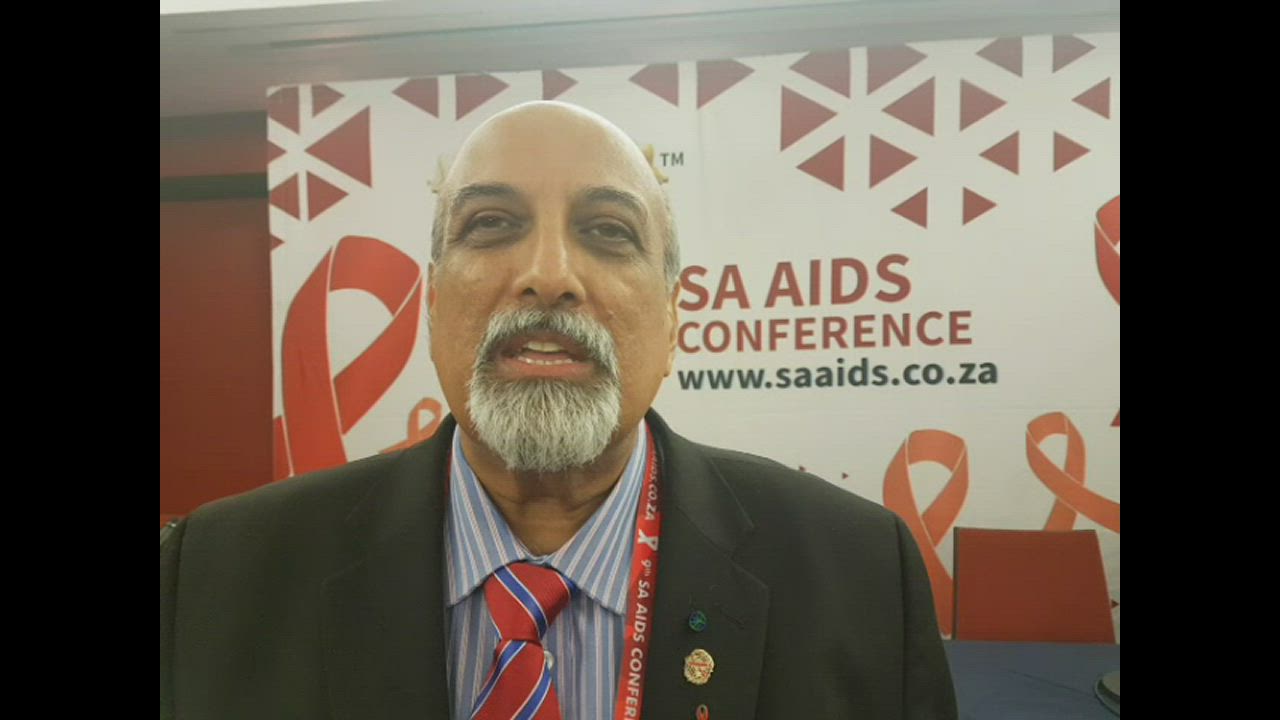Source: iol.co.za
Durban- A clarion call was made to renew the fight against HIV and Aids at the launch of the South African Aids Conference which is being at the Inkosi Albert Luthuli International Convention Centre.
The call was made by renowned South African researcher Professor Salim Karim who is the director at Centre for the AIDS Programme of Research in South Africa (CAPRISA).
“Now is the time we need to rededicate ourselves,” Karim said.
He made the call in the face of statistics that painted a bleak picture of progress made not only in South Africa, but around the globe as well.
Karim said there were 5 000 new infections everyday across the world.
Quoting research from 2017 he said there were 37 million people around the globe living with HIV/Aids and that a third of infections came from South Africa, Nigeria and India respectively.
He said complacency had become a danger. The conference which has about 3000 delegates focuses on technology and innovation in the fight against the epidemic.
Professor Khangelani Zuma from the Human Sciences Research Council said although the number of new infections was declining, the number of people still getting infected was high and it was women who were getting more infected than men.
He said there were 7.9 million people living with HIV, but only about 62 percent of those people were on anti-retrovirals.
Zuma also highlighted that there were 62 000 children younger than two years old who were HIV positive. “There’s a lot of work that needs to be done,” Zuma said.
Localised, rather than national statistics was something that they needed to focus on as they got a bigger public reaction. He gave the example of research showing that 500 000 people in Johannesburg who are living with HIV, which elicited shock, this is in contrast to more than 5 million who are HIV positive in the country.
Department of Health Minister Zweli Mkhize, said it was important people who were HIV negative stayed like that, but this needed innovation.
He said government needed to responsive to the epidemic in a professional manner.
Mkhize paid tribute to scientists who dedicated their lives to finding ways to beating the disease and noted the role South African researchers who made a big contribution. He also mentioned activists like Gugu Dlamini and Nkosi Johnson who fought to ensure the epidemic did not define the country’s destiny.
Although country has laws that are internationaly lauded human rights laws.
Stigma and discrimination from healthworkers were still a problem. Stigma also affected people’s access to anti retroviral he said.Stigma and discrimination had no place in the provision of health care services Mkhize said. It was important to mobilise and galvanise people to fight HIV/Aids and related diseases.
